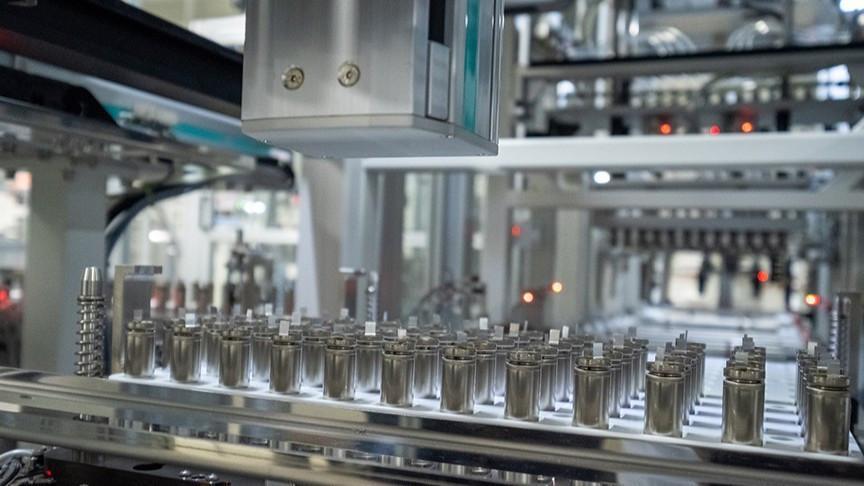
Three lithium-ion battery factories are expected to start operations in three of the country's 81 provinces by late 2025, the head of the Battery Manufacturers and Suppliers Association (PİLDER) has announced.
Kadem Usta, PİLDER president, told Anadolu Agency that the facilities will bolster Türkiye’s role in the global energy transition.
“We expect three lithium-ion battery factories to begin production in the second half of this year,” he said.
“Ottomotive in Kocaeli will produce battery systems for communication infrastructure, Reap Battery in Istanbul will focus on energy storage solutions, and Maxxen in Izmir will develop grid-scale energy storage systems.”
The factories are set to have significant capacity, with Ottomotive and Reap Battery each targeting 5 gigawatt-hours annually, while Maxxen aims for 10 gigawatt-hours, Usta noted.
He emphasized that these plants are geared toward exports rather than domestic demand, positioning Türkiye as a competitive hub in the global battery market.
Türkiye’s battery sector has seen rapid growth, with over $1 billion in investment deals secured last year. The new factories mark a shift toward production, supporting the electrification of industries and renewable energy integration.
Batteries are critical for balancing the intermittent nature of renewable sources and powering electric vehicles.
Usta also highlighted the sector’s potential to drive economic and environmental goals.
“Producing batteries locally, not just assembling electric vehicles, is essential for technological independence and retaining economic value in Türkiye,” he said. He projected lithium-ion battery production costs to drop to around $100 per kilowatt-hour in 2025, down from $115 in 2024 and $144 in 2023.
The rise in battery production aligns with broader trends. Usta noted that global battery output reached 1.5 terawatt-hours in 2024, up from 1 terawatt-hour in 2023, and is expected to hit 2 terawatt-hours this year.
In Türkiye, recent regulations for energy storage plants have reduced uncertainties, paving the way for further investments in 2026.
Usta urged electric vehicle adoption as a national priority, saying, “Driving electric isn’t just a personal choice — it reduces Türkiye’s fuel import bill, cuts carbon emissions, and saves on energy costs. Every kilometer driven benefits the country, the planet, and your wallet.”